Thank you, László
We begin this week’s blog by gratefully highlighting the memory of László Szombatfalvy, Stockholm, who recently died at the age of 94. In his book The Greatest Challenges of Our Times László describes overpopulation as the overarching threat to Earth and humanity, above other existential threats. He and his research foundation supported the establishment of The Overpopulation Project (TOP) with a generous grant for two years, 2018-2019. László privately also supported TOP with a donation in 2021. We know that László would be pleased to see TOP injecting population issues into the mainstream media, as we did recently with the Op-Ed below – published in the largest morning newspaper in Sweden, the country in which László spent most of his life.
Growing populations increase the risk of pandemics
One of the many problems associated with human population growth is increased prevalence of diseases and pandemics. A lower population could contribute to lowering the risk. This association is discussed in a recent op-ed in the Swedish newspaper Dagens Nyheter, of which a summary is presented below.
By Malte Andersson, Frank Götmark, Björn Olsen, Anders Wijkman

Covid-19 is on the rise thanks to a new variant. In the evolutionary race between new variants of diseases and medical advances, the increasing size of the human population is an advantage to the pathogens. New mutations become more likely if its host’s population and therefore also the pathogen population is large, and the spread tends to increase with the size and density of the host population.
Many virulent diseases are caused by animal-spread pathogens, and an increasing human population results in more contacts between wild animals and humans. Deforestation and destruction of natural environments drive many wild animals closer to human settlements, and a growing population inevitably leads to increased exploitation. Our luxury consumption, as one example, exploits nature in developing countries, reducing its use for local communities or for nature protection.
Unsustainably hunted wild animals are often sold in unhygienic food markets with high risks of pathogen transfer. Over half of our infectious diseases originated from wild animals, such as bubonic plague, the Spanish flu, and HIV. Currently, the monkeypox virus is spreading globally, likely having originated from African rainforest animals.
The risk of new pandemics is highest in regions with close contact between wild animals and humans, inadequate health care, and proximity between cities and large international airports (see map in this study). Such conditions are mainly found in poorer nations with high population growth. Curbing population growth could help limit the contact between humans and wild carriers of pathogens, while also strengthening local food security.
The situation is particularly worrying in parts of Africa, a continent populated by 1.4 billion people and projected to reach 3.9 billion in 2100. As of today, 250 million people are malnourished, and if the trend continues, every fourth African will be malnourished by 2030. Today, the total fertility rate in Africa is around 4.2 children per woman, leading to rapid population growth.
Many African countries desire lower birth rates, which can be accomplished by supporting women’s emancipation, education, and especially family planning. The cost for these actions is not particularly high but could quickly lower births while simultaneously improving countries’ economic situations, as well as decreasing the risk of pandemics. Increased international aid for family planning and free contraception is a precondition for such a development.
The text above is a summary of the original op-ed in Dagens Nyheter, which can be found here: https://www.dn.se/debatt/minskad-befolkning-kravs-for-att-motverka-pandemier/


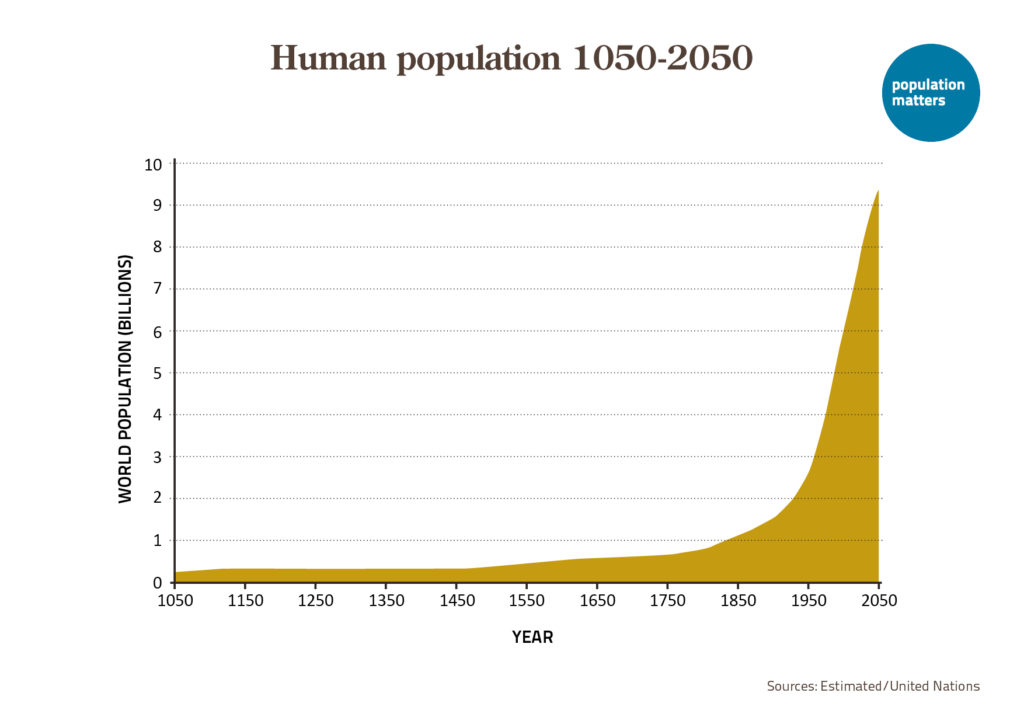
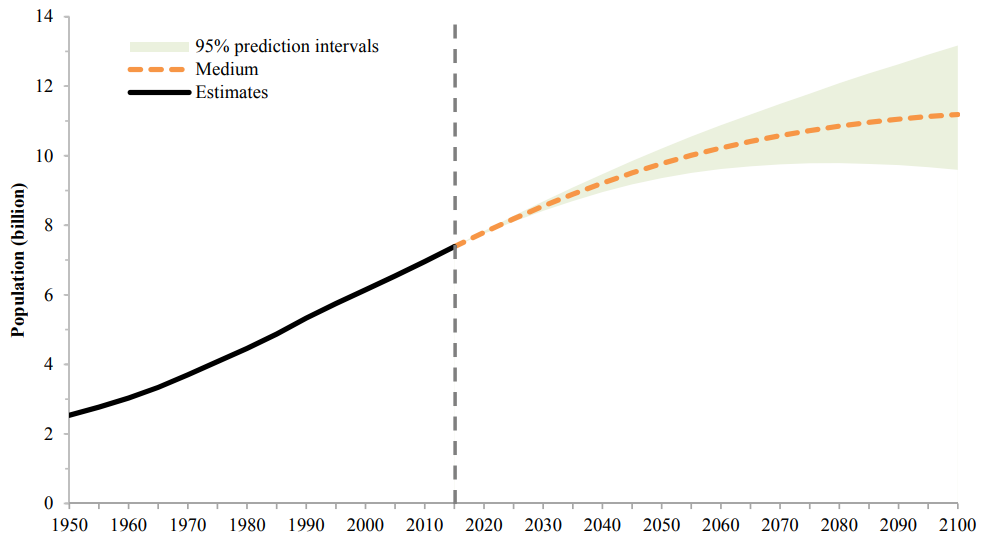
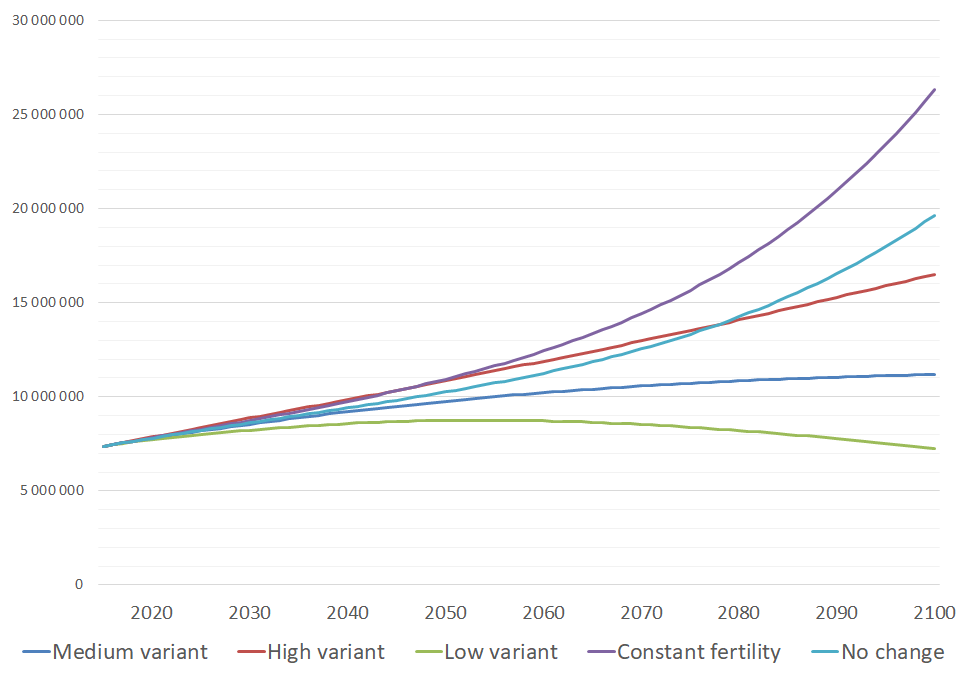
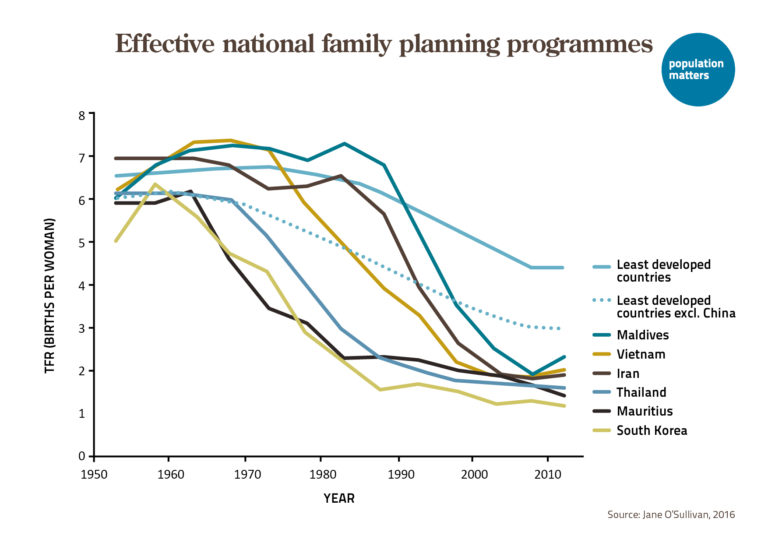

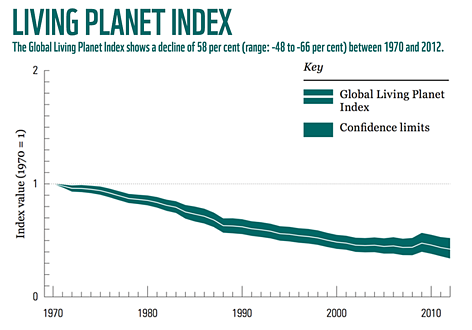
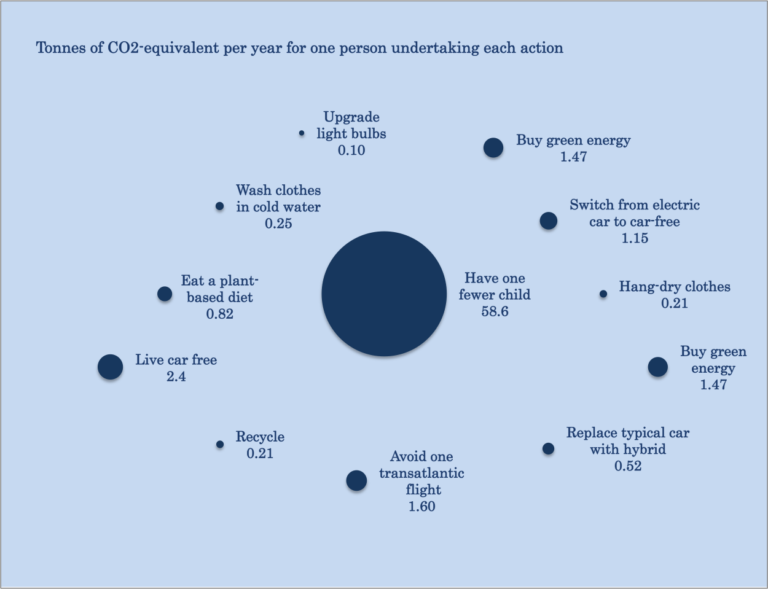
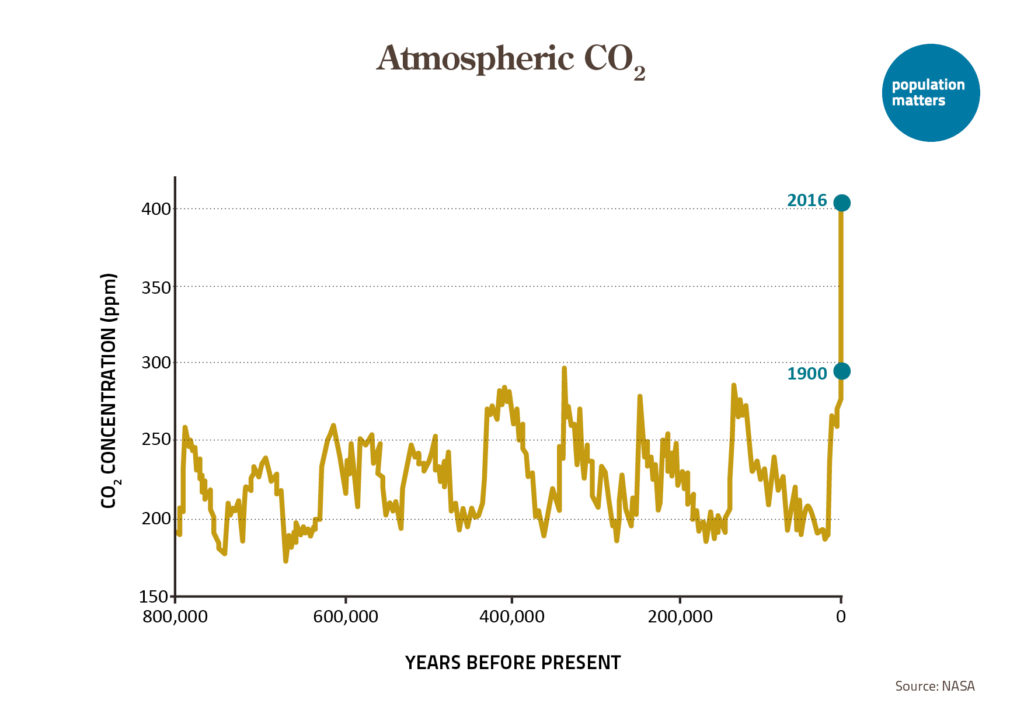
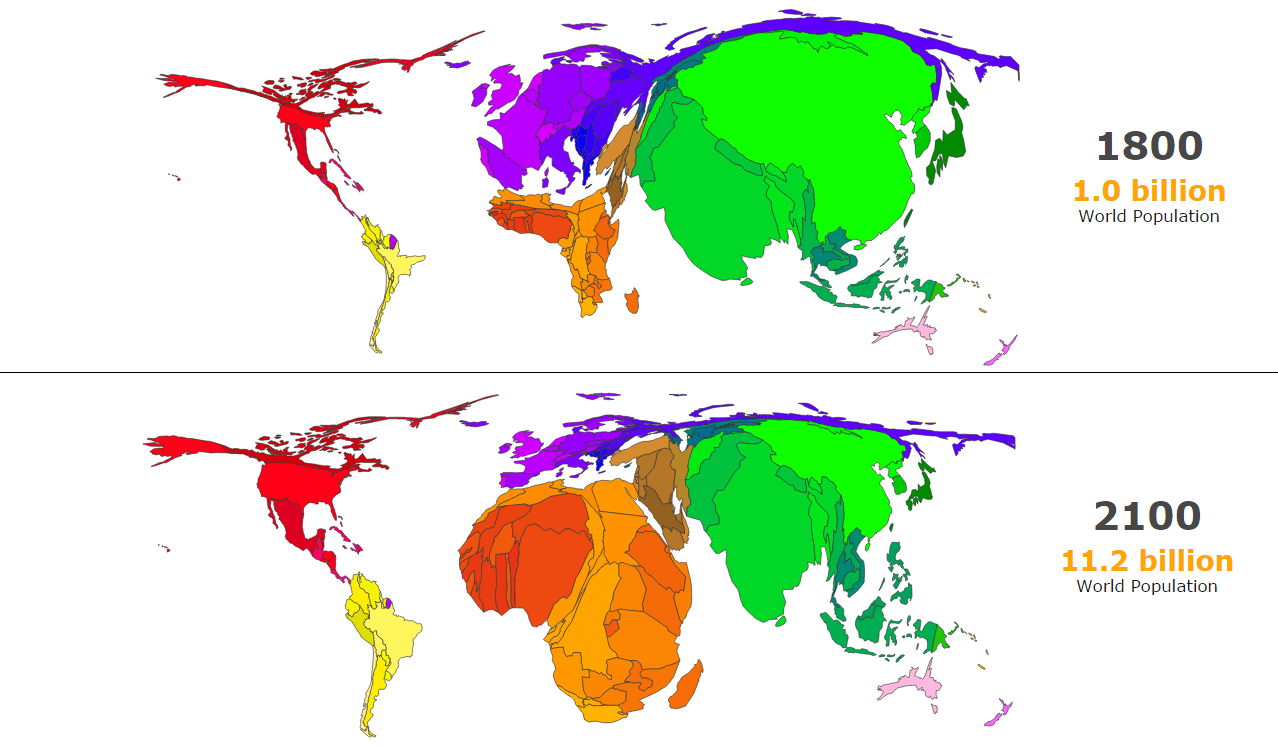
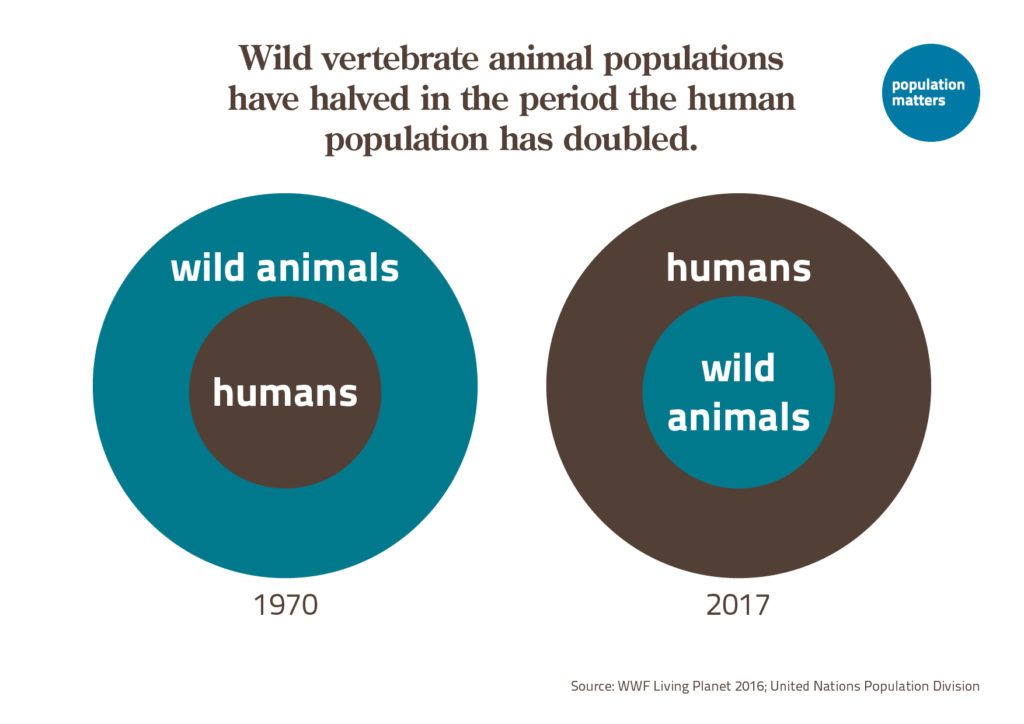
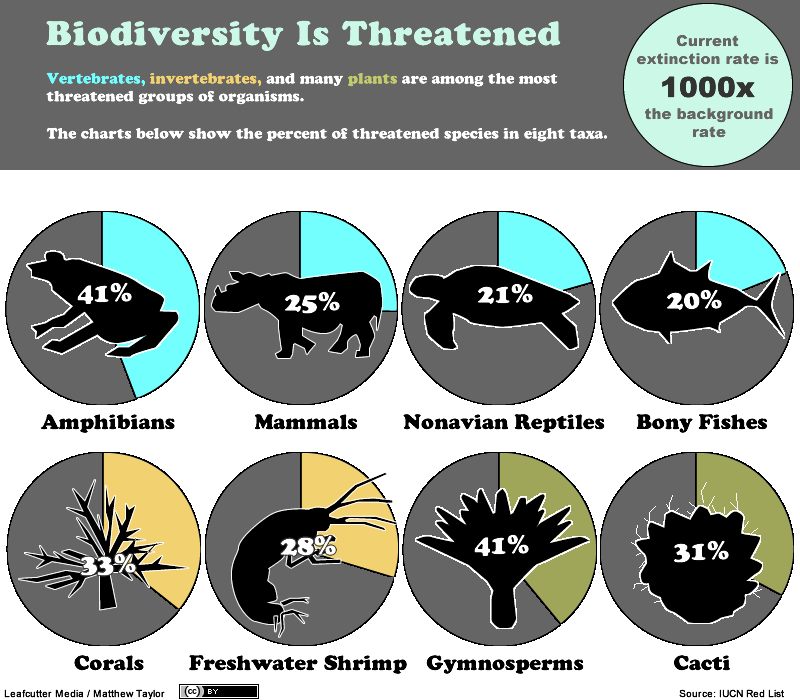
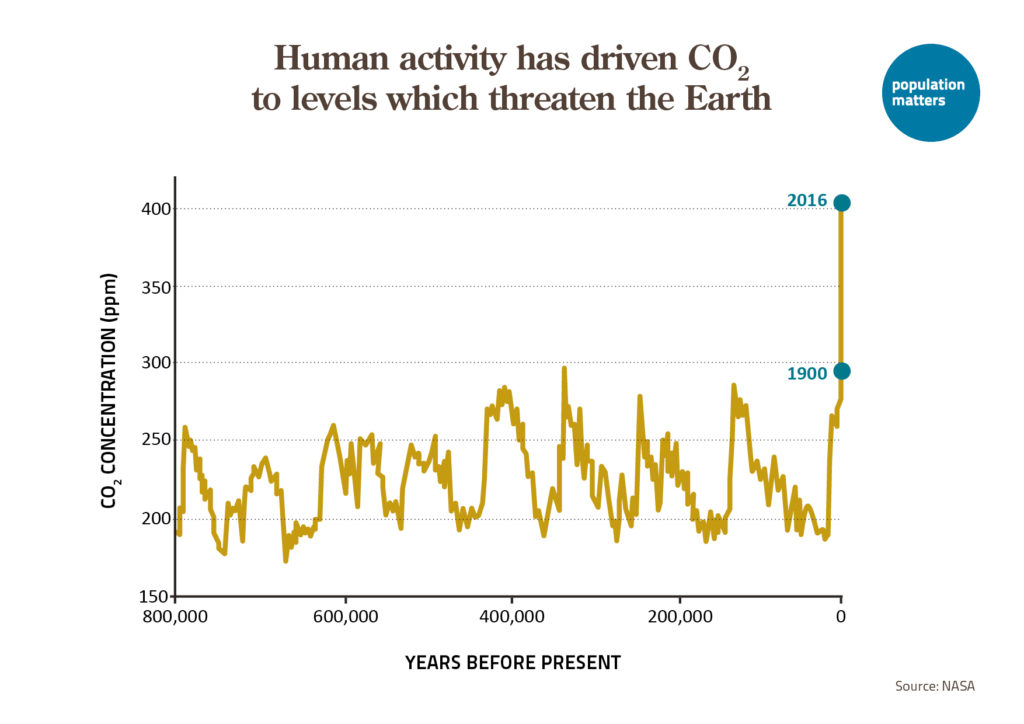
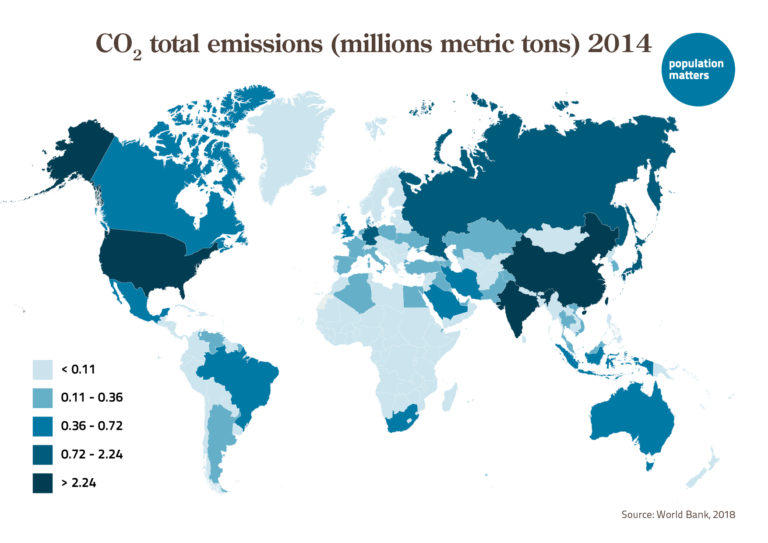

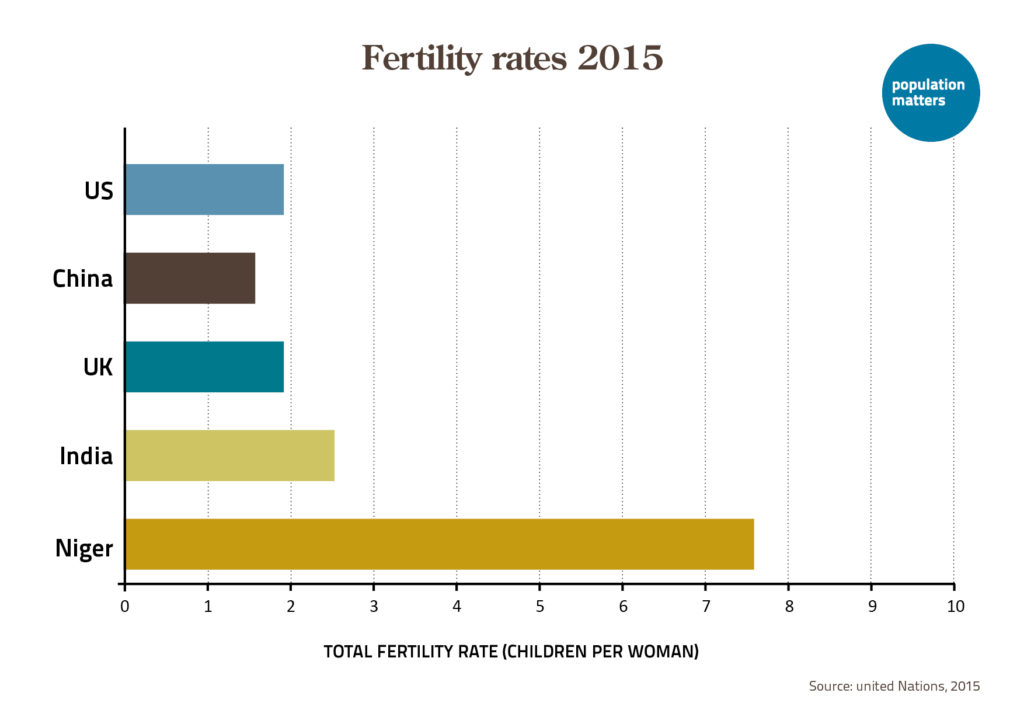
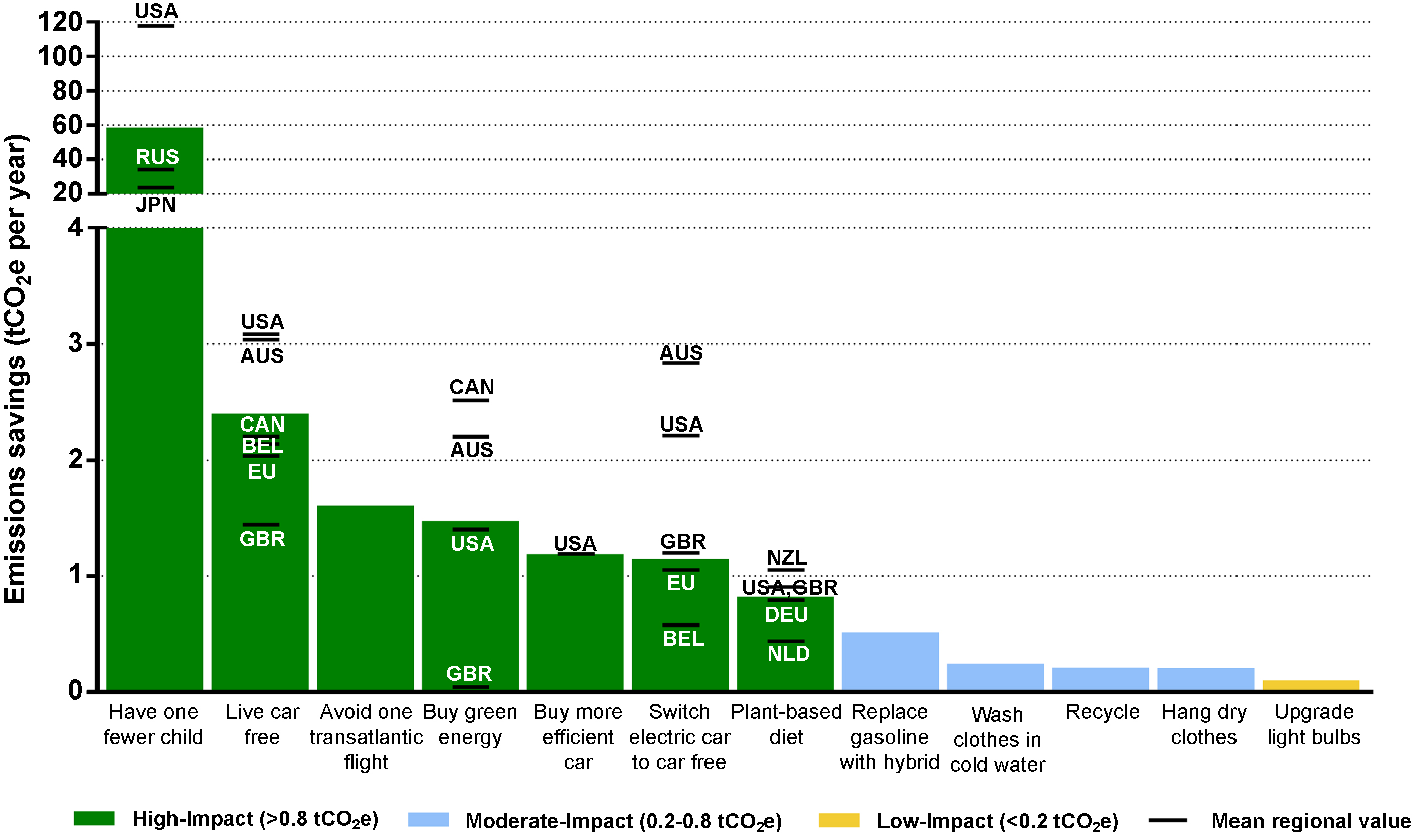



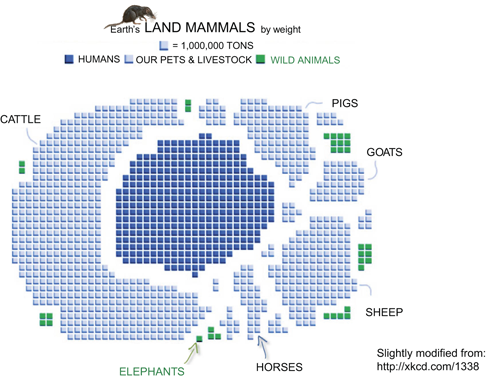

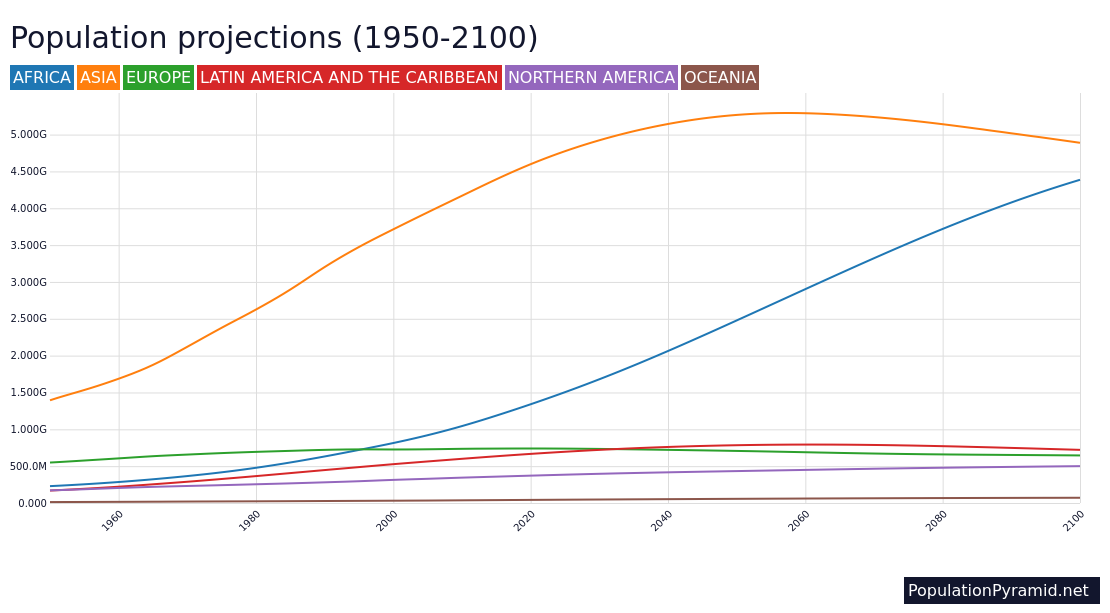
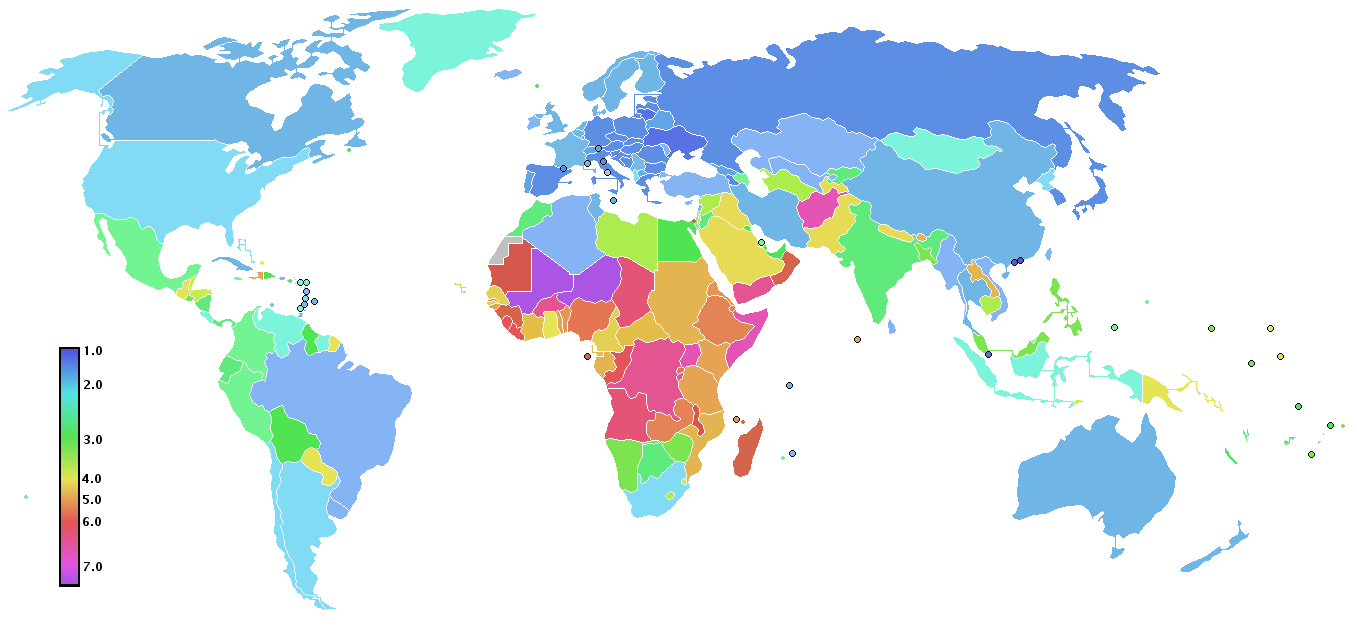
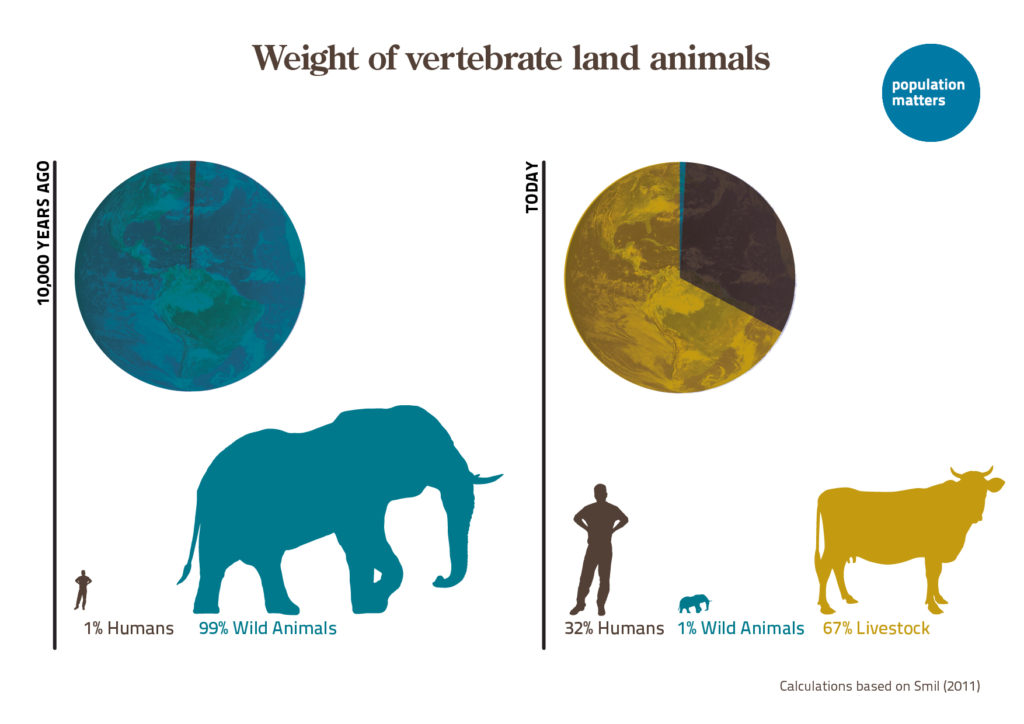

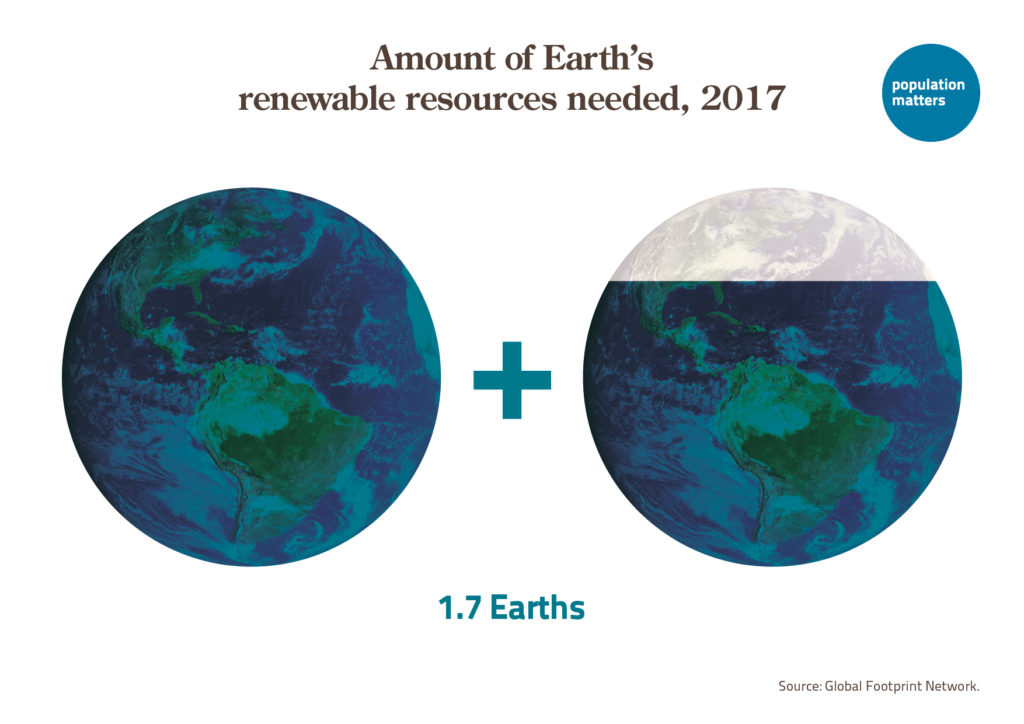


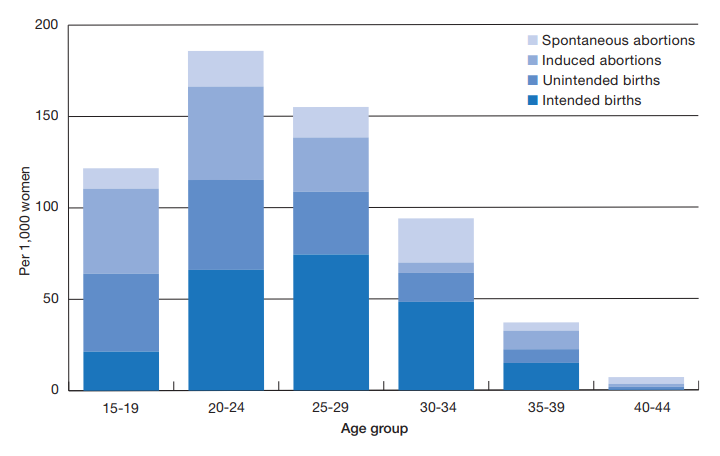
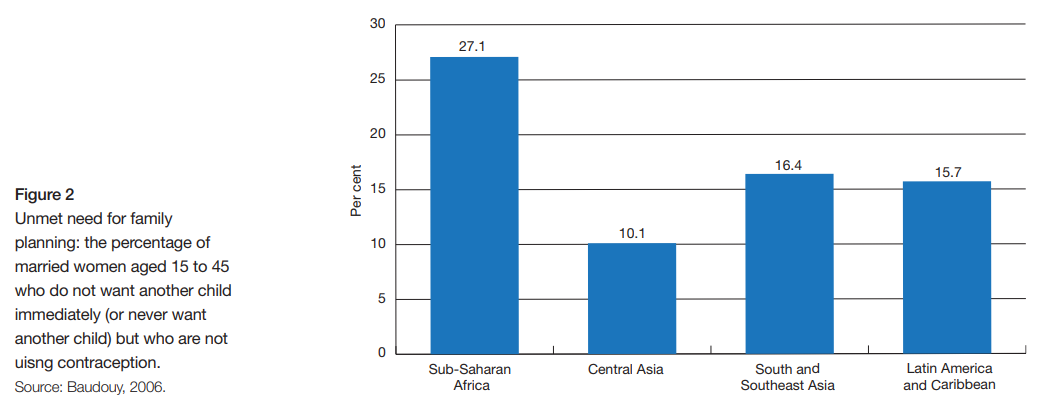
Leave a Reply